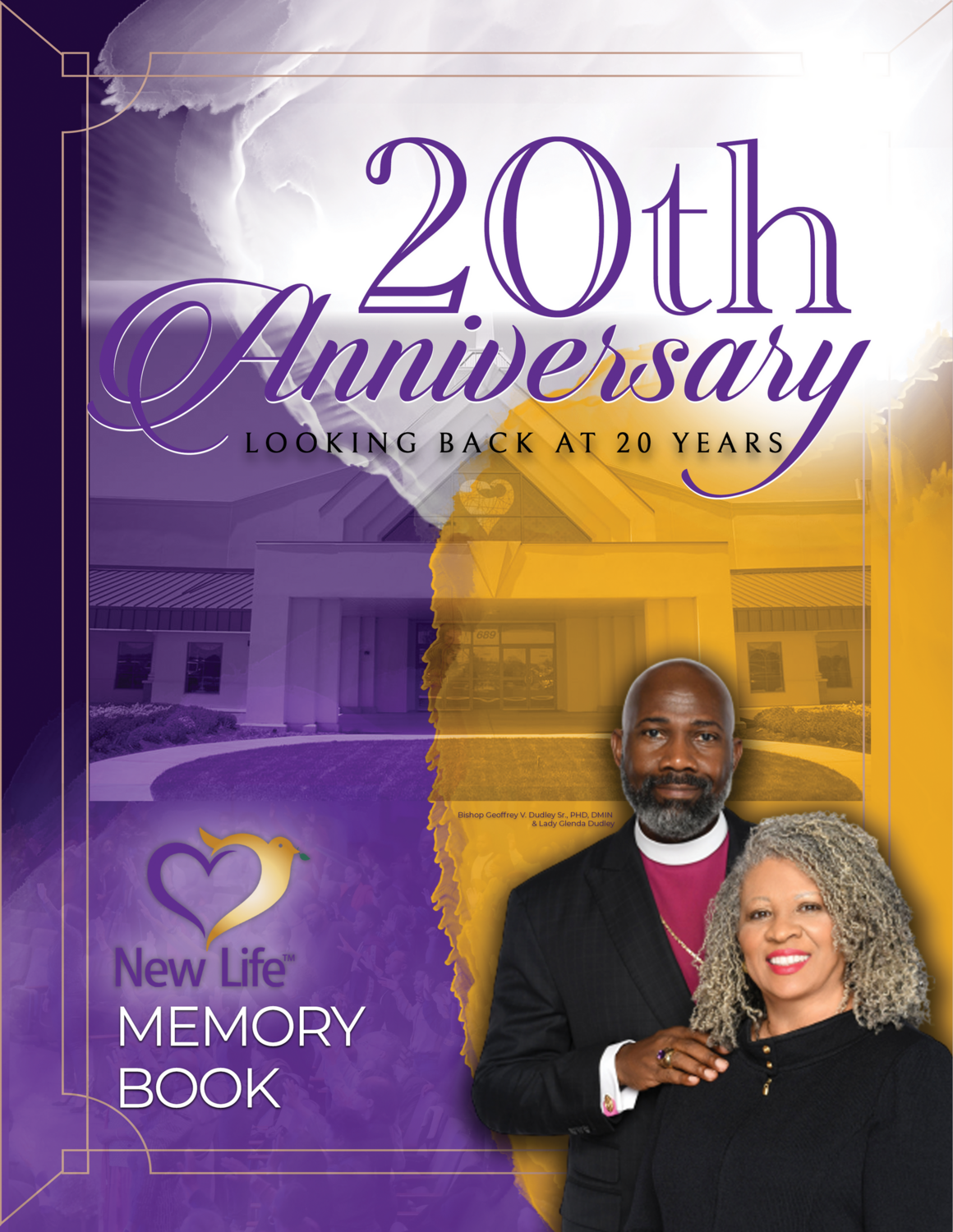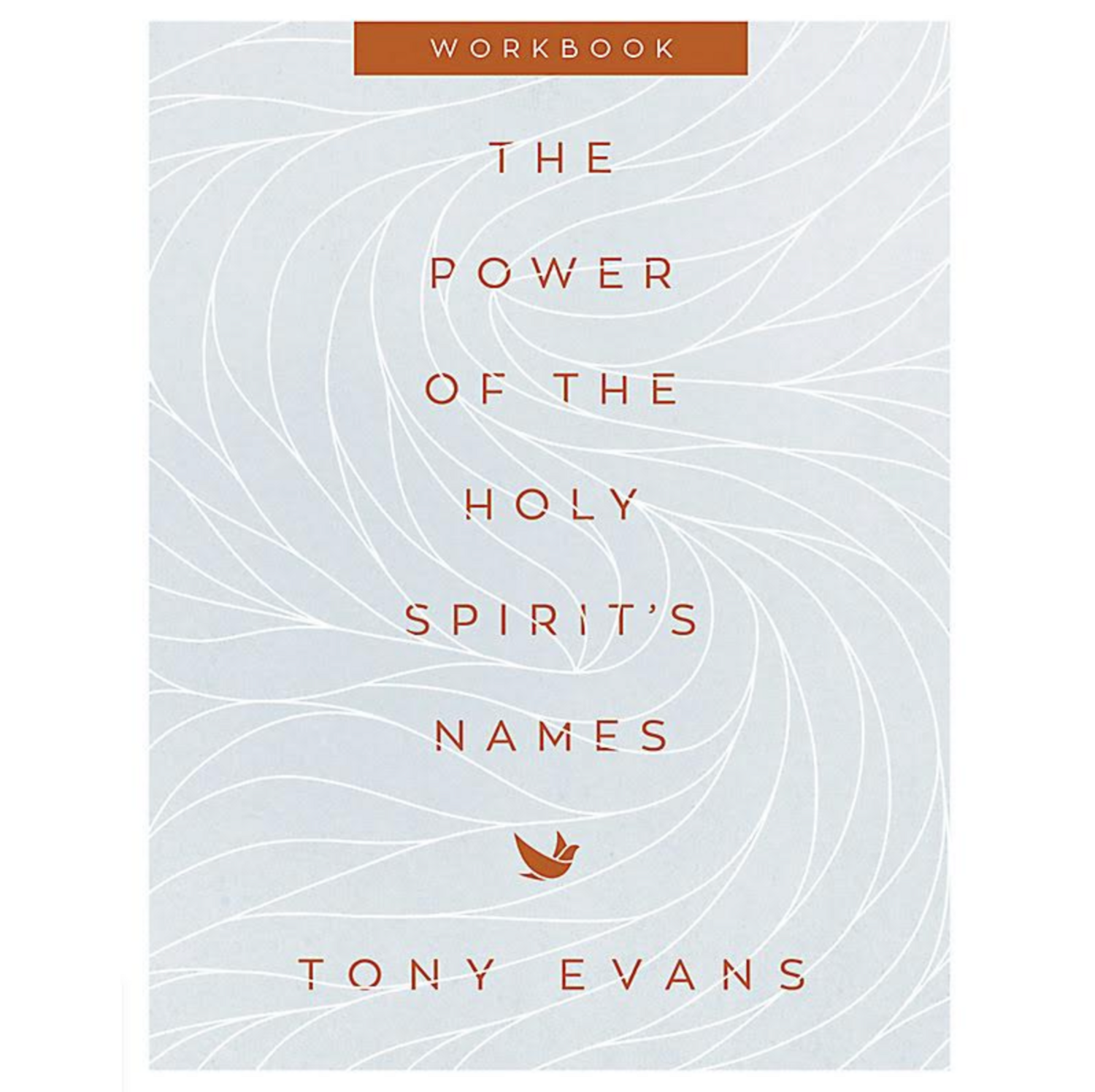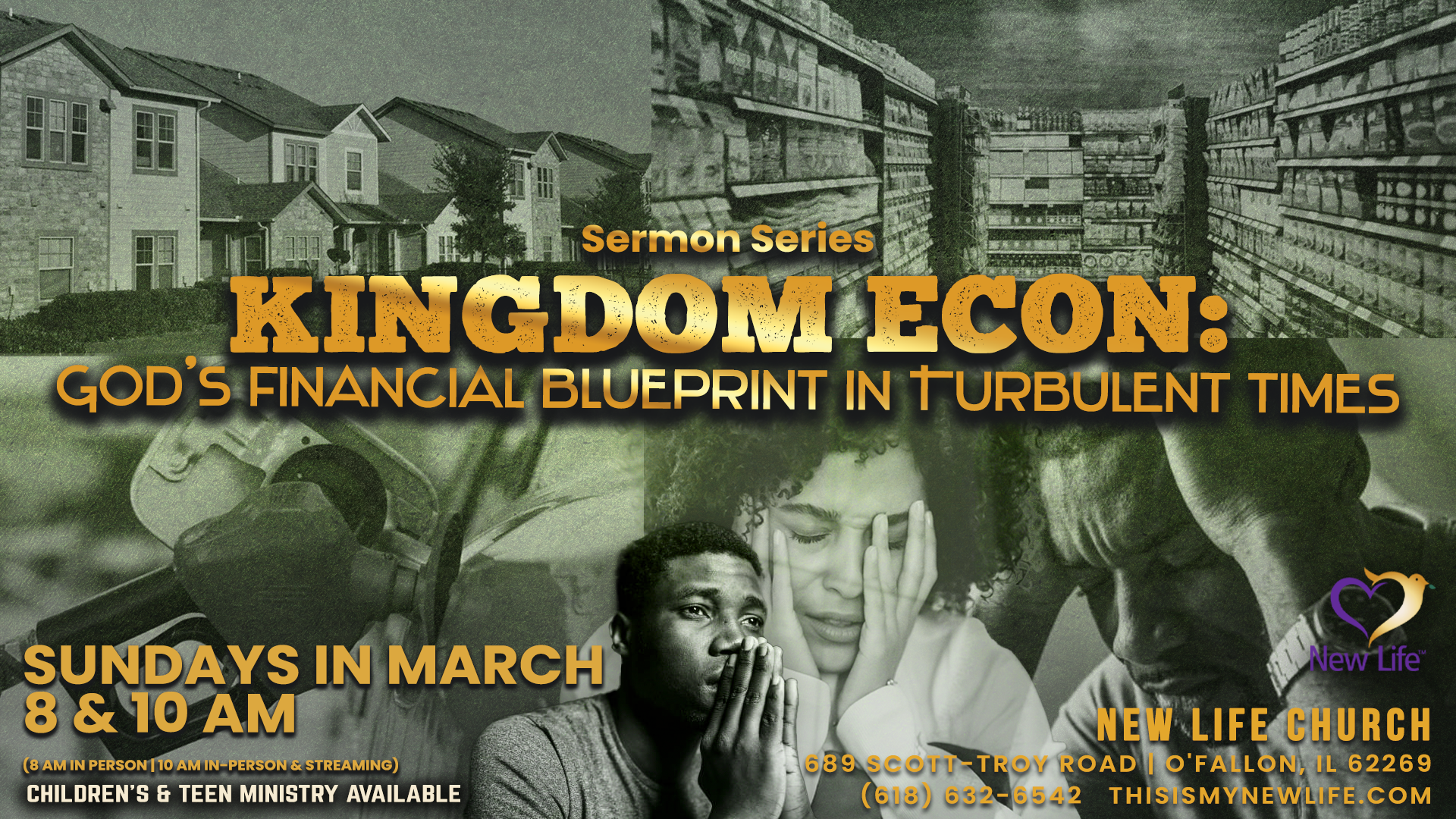October 20th Politics Power And The Presence Of God: The Election Through The Lens of Scripture
Politics Power And The Presence Of God: The Election Through The Lens of Scripture

Pericope: Romans 13:1-7 Let every person be subject to the
governing authorities. For there is no authority except from God,
and those that exist have been instituted by God. 2 Therefore
whoever resists the authorities resists what God has appointed,
and those who resist will incur judgment. 3 For rulers are not a
terror to good conduct, but to bad. Would you have no fear of the
one who is in authority? Then do what is good, and you will
receive his approval, 4 for he is God's servant for your good. But if
you do wrong, be afraid, for he does not bear the sword in vain.
For he is the servant of God, an avenger who carries out God's
wrath on the wrongdoer. 5 Therefore one must be in subjection,
not only to avoid God's wrath but also for the sake of
conscience. 6 For because of this you also pay taxes, for the
authorities are ministers of God, attending to this very thing. 7 Pay
to all what is owed to them: taxes to whom taxes are owed,
revenue to whom revenue is owed, respect to whom respect is
owed, honor to whom honor is owed.
Sermon Text: Romans 13:4 - 4 for he is God's servant for your
good. But if you do wrong, be afraid, for he does not bear the
sword in vain. For he is the servant of God, an avenger who
carries out God's wrath on the wrongdoer.
Sermon Title: Politics Power And The Presence Of God: The
Election Through The Lens of Scripture
Point 1: Politics vs. 1 Let every person be subject to the
governing authorities. For there is no authority except from God,
and those that exist have been instituted by God.
Politics defined is the activities associated with the
governance of a country or other area, especially the debate
or conflict among individuals or parties having or hoping to
achieve power:
1 Samuel 9:16-17 16 “Tomorrow about this time I will send to you a
man from the land of Benjamin, and you shall anoint him to be
prince [c] over my people Israel. He shall save my people from the
hand of the Philistines. For I have seen [d] my people, because
their cry has come to me.” 17 When Samuel saw Saul,
the Lord told him, “Here is the man of whom I spoke to you! He it
is who shall restrain my people.”
Point 2: Power vs. 4 for he is God's servant for your good. But if
you do wrong, be afraid, for he does not bear the sword in vain.
For he is the servant of God, an avenger who carries out God's
wrath on the wrongdoer.
For he [the politician] is God's servant for you [the good].
Pre-Civil War Laws and Scriptures
1. The Virginia Slave Codes of 1705: These laws
institutionalized racial slavery. They explicitly stated that all
African-descended people were to be considered as property.
White Christians justified this through passages like Genesis
9:25, which describes Noah’s curse on Canaan.
2. The Fugitive Slave Act of 1793: This law allowed for the
capture and return of escaped enslaved people across state lines.
To bolster this legal authority, many white clergy cited Ephesians
6:5: “Slaves, obey your earthly masters with respect and fear.”
3. The Three-Fifths Compromise (1787): This was an
agreement where enslaved African Americans were counted as
three-fifths of a person for purposes of taxation and
representation.. Some used Romans 13:1, which speaks of
submitting to governing authorities, as biblical sanction for these
laws.
Post-Civil War Laws and Scriptures
4. Black Codes (1865-1866): Following the Civil War, Southern
states enacted Black Codes to restrict the freedoms of newly
freed African Americans. These laws varied from state to state but
included restrictions on property ownership, movement, and
employment. Whites continued to lean on Colossians 3:22,
5. Plessy v. Ferguson (1896): This landmark Supreme Court
case legalized segregation under the “separate but equal”
doctrine. White churches, particularly in the South, often preached
from Acts 17:26 (“From one man he made all the nations”)
Theological Complicity in Racism
The coupling of the law and the Bible was not accidental but
intentional.
Project 1619 brings this to light by uncovering the historical
realities that many have either forgotten or chosen to ignore.
Galatians 3:28 tells us that in Christ, there is neither Jew nor
Greek, slave nor free. This scripture stands in direct contrast to
the history of how both law and religion were wielded as tools of
division rather than unity.
Transition: As we focus the biblical lens using power and politics
what about the presence of God in all of this.
Point 3: The presence of God.
John 19: 10-11 10 So Pilate said to him, “You will not speak to me?
Do you not know that I have authority to release you and authority
to crucify you?” 11 Jesus answered him, “You would have no
authority over me at all unless it had been given you from above.
Therefore he who delivered me over to you has the greater sin.”
John 19: 7 The Jews[a] answered him, “We have a law, and
according to that law he ought to die because he has made
himself the Son of God.”
Matthew 25: 35-40 - 35 For I was hungry and you gave me food, I
was thirsty and you gave me drink, I was a stranger and you
welcomed me, 36 I was naked and you clothed me, I was sick and
you visited me, I was in prison and you came to me.’ 37 Then the
righteous will answer him, saying, ‘Lord, when did we see you
hungry and feed you, or thirsty and give you drink? 38 And when
did we see you a stranger and welcome you, or naked and clothe
you? 39 And when did we see you sick or in prison and visit
you?’ 40 And the King will answer them, ‘Truly, I say to you, as you
did it to one of the least of these my brothers, [a] you did it to me.’
Life Application:
1. Pray – use Matthew 25:35-40
2. Vote
3. Trust God – no matter who wins






































